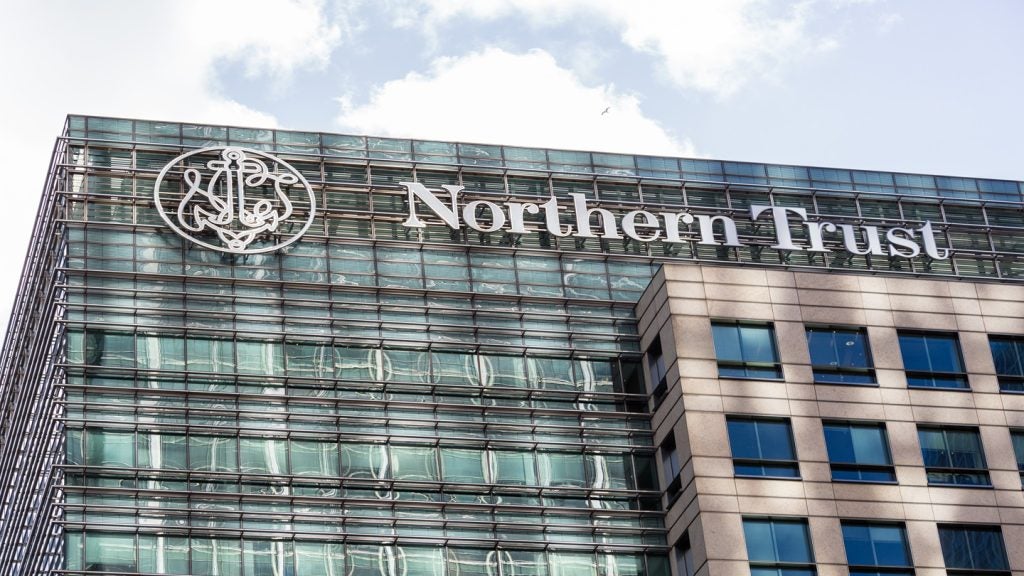South Africa has one of the worlds fastest-growing economies and its wealth sector is thriving. Daniel Bone looks at WealthInsights latest report and talks to the head of RMB Private Bank about how mounting regulation and a skills shortage threaten the countrys wealth management industry
South African wealth management is set to go from strength to strength in the next 10 years, according to new research from research provider WealthInsight.
In a continent with the highest global rate of HNWI growth, South Africa contributes the most to the global private banking industry.
In 2011, the countrys wealth management industry manages an estimated $55bn of assets, which constitutes 29% of total South African HNWI wealth ($188bn).
Throughout the African continent HNWI and UHNWI populations are expanding, but these countries have less developed banking systems for these groups to invest money in.
As a result, South Africas wealth management industry will continue to be strengthened by HNWIs from other sub-Saharan countries, including Angola, Kenya and Ghana, who want South African wealth managers and private banks to manage their money, WealthInsight predicts.
How well do you really know your competitors?
Access the most comprehensive Company Profiles on the market, powered by GlobalData. Save hours of research. Gain competitive edge.

Thank you!
Your download email will arrive shortly
Not ready to buy yet? Download a free sample
We are confident about the unique quality of our Company Profiles. However, we want you to make the most beneficial decision for your business, so we offer a free sample that you can download by submitting the below form
By GlobalDataDespite these impressive growth rates, and the industrys sophistication compared to other markets, the local wealth management industry in South Africa is relatively undeveloped.
The majority of the HNWI population do not use a wealth management office when investing assets, instead going straight to fund managers, including Allan Gray, to manage equity holdings.
Private banks in South Africa have dealt with this self-management culture by concentrating on emerging wealth.
Those who have recently generated large amounts of liquid assets, including newly qualified chartered accountants and lawyers, are more likely to call on private banks for assistance with investment strategies.
Two-speed economies
Gavin Tarr is the head of Rand Merchant Bank (RMB) Private Bank, a division of the South African financial services provider FirstRand one of South Africas largest private banks.
Hes well aware of the opportunities, and challenges, of operating in such a dynamic, albeit under-developed market.
"It is very difficult to gauge how well the private banking market in South Africa is performing," he says.
"At a high level, the wealth market in South Africa is growing faster than our local inflation rate and despite the global recession more people are becoming wealthy in South Africa," he says.
Due to the closed period in South Africa, Tarr was unable to discuss RMBs annual financial results directly, instead describing how RMB Private Bank operates within parent company FirstRand.
"We dont operate under one umbrella brand. Our primary brands are First National Bank (FNB), RMB and Westbank. We follow a segmented approach to the market, and we have areas that focus on different customer segments."
According to Tarr, RMB and FNB, the two primary Firstrand brands, provide services to clients who earn at least ZAR1.1m ($131,988) per year.
"We do this because, as the two brands are heavily invested in the economy, we may as well leverage them to the extent of the banks wealthy segments," he says.
Tarr revealed a number of key challenges RMB, and the South African wealth management industry as a whole, face in the years ahead. Top of the list is regulation chiefly Basel III and anti-money laundering (AML).
"[The] money laundering [regulation is] on a global scale, though right now we feel we are on top of this issue," he says.
Maintaining the number of skilled personnel in RMB also remains a test.
"For private banking, the pool of people with a high quality skill set is shrinking, and it is increasingly difficult to find the right people in the job markets," he says.
Offshore opportunity
Offshore investing remains a complicated area for many South African HNWIs
WealthInsight estimates that at the end of 2011 more than 20% of South African HNW wealth was held offshore. The main offshore jurisdictions were the UK, Switzerland and the Channel Islands.
However, the ongoing global crackdown on offshore centres is unlikely to result in a large inflow of private banking funds back into the country as South Africans were required to bring their holdings back into the country by September 2004 and disclose all foreign holdings, says WealthInsight analyst Andrew Amoils.
"Those who try to bring back undisclosed funds now may face persecution and confiscation of funds," he adds.
Conversely, at the same time as South African HNWIs face prosecution for bringing undisclosed funds back into the country, foreign exchange controls around investing offshore have been relaxed in recent years, according to Tarr.
South Africans can now transfer up to ZAR4m in assets overseas to invest without facing investigation.
"Our wealthy clients are getting more and more exposed to global markets, and many of them now have diversified portfolios outside South Africa," says Tarr.
Tarr says another challenge for RMB is guiding clients to invest in both South Africa and global markets, which are currently operating at two different speeds.
According to IMF figures, South African GDP is predicted to grow by 2.6% in 2012, whereas emerging global markets have a forecast of 1.4%.
"From an economic perspective, the challenge for us is to guide them on the best way to meet their financial objectives within a fairly stagnant economy," he says.
Johannesburg leads saturation ratings
Part of WealthInsights research includes a look at the concentration of wealth management companies in each major South African city for 2011, weighed up against the HNWI population in each city.
The number of wealth management offices in each city is listed, as well as a ratio of these offices to the citys HNWI population.
The ratios allow the degree of saturation for each city to be calculated.
These give a picture of exactly how saturated the wealth management industry is in each place, with a lower saturation figure indicating a greater potential for wealth management growth.
The table shows that Johannesburg has a total of 261 HNWIs and 20 wealth management offices.
This gives a saturation degree of 8%, making the city a suitable place for the South African wealth management industry to continue its development.
On the other hand, Pretoria has five wealth management offices for just 28 HNWIs. The saturation here is 18%, so there is much less potential for industry growth here.
The statistics show that outside the four main wealth management centres saturation is very low with only four offices catering for 120 HNWIs indicating expansion potential in centres outside Johannesburg, Cape Town, Durban and Pretoria.
Overall South Africa has only 43 offices spread across 543 HNWIs, giving a saturation figure equal to that of Johannesburg.
Residential real estate popular asset class
Across the range of HNWI bands within the aforementioned clientele model, those in one wealth band may invest in a different asset class than those in another band.
Lower-tier millionaires are less likely to invest in high risk assets than billionaires, instead choosing to hold cash and residential real estate.
Those in the higher wealth bands are more likely to invest in commodities, collectables and hedge funds. The bulk of offshore investment is also done largely by the higher wealth bands.
In the middle of the scale affluent millionaires, who tend to have a fairly even spread across most asset classes, invest highly in fixed income and equities.
One of the main trends spanning the whole clientele model is a habit of investing heavily in residential real estate.
This pattern contrasts starkly with the rest of the world in most countries it is the lower-tier millionaires who have the greatest portions of residential real estate, according to WealthInsight.
Broad service levels essential
Tarr says RMB is organised across four divisions: transactional banking, structural lending, whole wealth management and fiduciary and tax services.
Most international banks run under one or two of these categories.
However Tarr says that RMBs ability to operate under all four gives the bank an advantage in South Africa due to the countrys smaller client pools.
"The market is relatively small in South Africa, so it is more important for us to offer an end-to-end solution," he added.
When asked whether versatility in private banks is more important in South Africa than in larger countries such as the US, where there is a bigger variety of specialist institutions, Tarr agreed.
"Part of it is a scale issue," he said. "Our versatility has helped us reach out to new customer bases and maintain the quality of our services throughout the recession period."
In the face of even tougher years lying ahead, RMBs broad service level sets it up well to capitalise on South Africas relative financial strength.
Limiting HNW clients exposure to weakening global growth while maximising the investment opportunities at home will be one of the key challenges for the South African industry.







